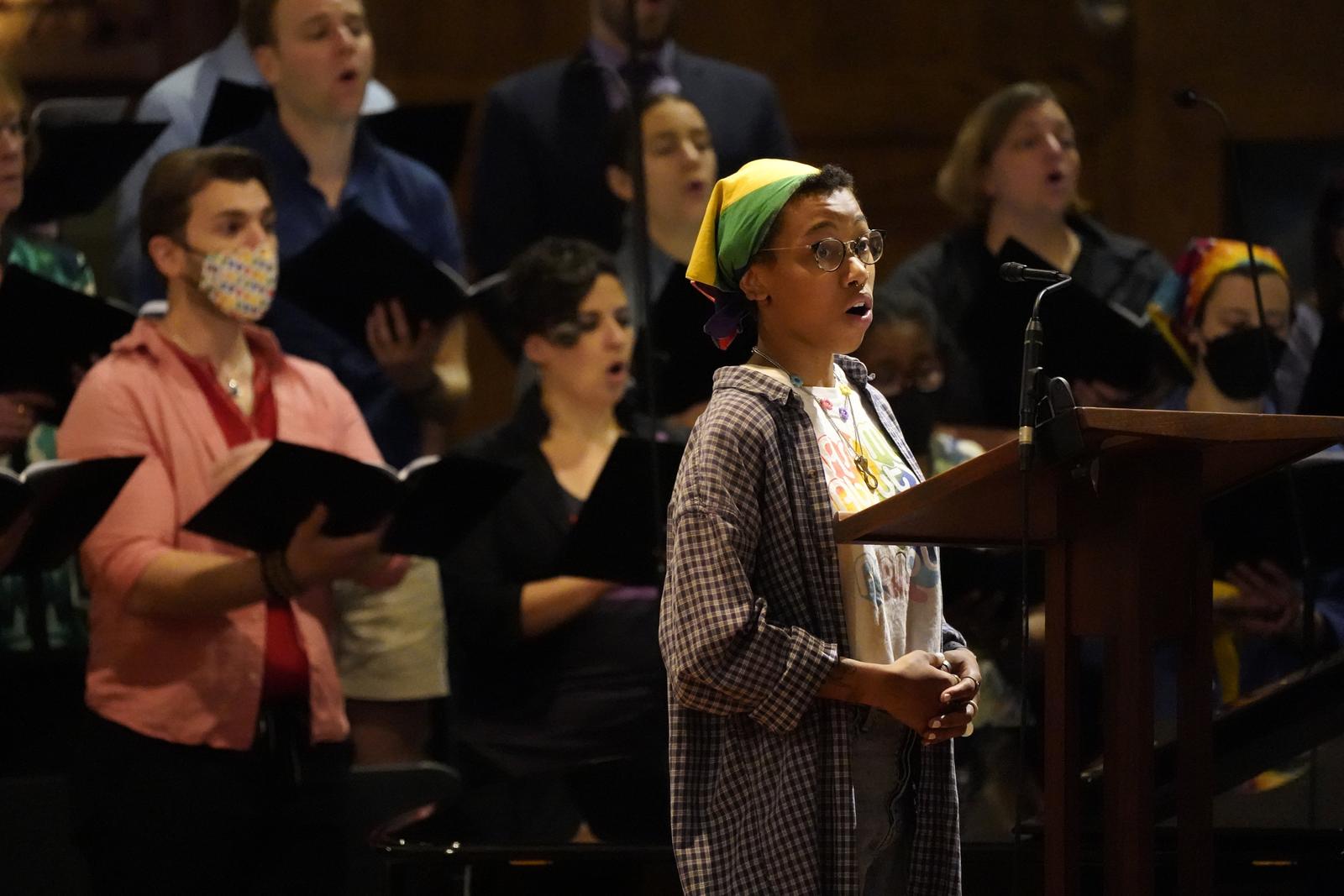This edited article is adapted from a speech delivered by Mark-David Janus, C.S.P., at last year’s Outreach conference in New York on June 25, 2022.
At the end of the day, when ears are tired and eager for a break, I have three quick points.
First, the recent scientific quest to explain the existence of homosexuality (which makes no apparent evolutionary contribution to genetic reproduction) focused on the search for a reoccurring genetic and neuroendocrine variation. This research has yet to find conclusive answers to what now must be understood as being a persistent polygenetic, multi-focal endocrine reality.
Increasingly, evolutionary biologists and psychologists are not looking at this persistence as a reoccurring accident, but rather as a planned variation resulting in traits that make a positive contribution to the evolutionary process. Rather than looking at a theory of evolution focused exclusively on reproduction, some evolutionary biologists see evolution in four dimensions: genetic, epigenetic, behavioral and symbolic variation.
To oversimplify, you cannot understand human evolution apart from function and meaning. The evolutionary implication is that homosexuality continues to exist because it makes the world better.
Consequently, more attention should paid to the positive aspects LGBTQ people carry in a unique fashion. To paraphrase positive psychology, more attention should be paid to acknowledging human strengths, building a better life, developing talent and finding meaning in life. These include happiness, optimism, forgiveness, love, courage, empathy and justice.
These are essential to LGBTQ mental health, and while there is no such thing as a “gay” personality genetic package, there is increasing evidence that across the broad spectrum, LGBTQ people have unique genetic loading for these traits that contribute to human survival and advancement.
The evolutionary implication is that homosexuality continues to exist because it makes the world better.
Since Pope St. John Paul II observed that evolution is more than a hypothesis, and evolution is the tool God uses to continue to create the world, it is increasingly clear that gay is on purpose—God’s purpose.
My second point is about a phenomenon more clearly seen since the development of gay marriage. Compared to their straight counterparts, LGBTQ people come to the dating significantly later, when the emotional stakes are higher. Heterosexual people begin to experiment with the integration of sexual identity, intimacy and relationship formation beginning in middle school.
These attractions and crushes, no matter how deeply felt, do not carry the expectation of living together happily ever after. Rather, you are going to date a number of people, and from each relationship you learn more about yourself, what you bring to a relationship and what you want in a relationship.
So, by the time biology and psychology naturally move you to settle into pair bonding, in your 20’s and 30’s in Western culture, you have quite a bit of experience that can lead to a successful marriage. Although this may change over time, many LGBTQ people lack this experience, and begin to date at the same time their biology and psychology are telling them it is time for a permanent intimate mate.
Because marriage and family life is stressed by modern life, Pope Francis called for an increased ministerial accompaniment and support for married couples and their families. Spiritual accompaniment and support should be extended to LGBTQ couples and their families.
Spiritual accompaniment and support should be extended to LGBTQ couples and their families.
My third and final point is this: While genetics plays a part in the development of mood disorders, on the bell curve, gay brains are no more prone to depression and anxiety than straight brains. All brains are subject to increased mood disorders under the influence of strong or persistent stress.
LGBTQ people are subject to the stress of stigma because of their orientation. That stigma, felt and experienced early on, results in stress on the developing child and adolescent brain. That is good for no one.
I join Cardinal Reinhold Marx of Munich in arguing the church must do all that it can to alleviate this stigma, which damages spiritual and psychological health. According to the cardinal, this means changing the language of the Catechism, which is not “set in stone.”



